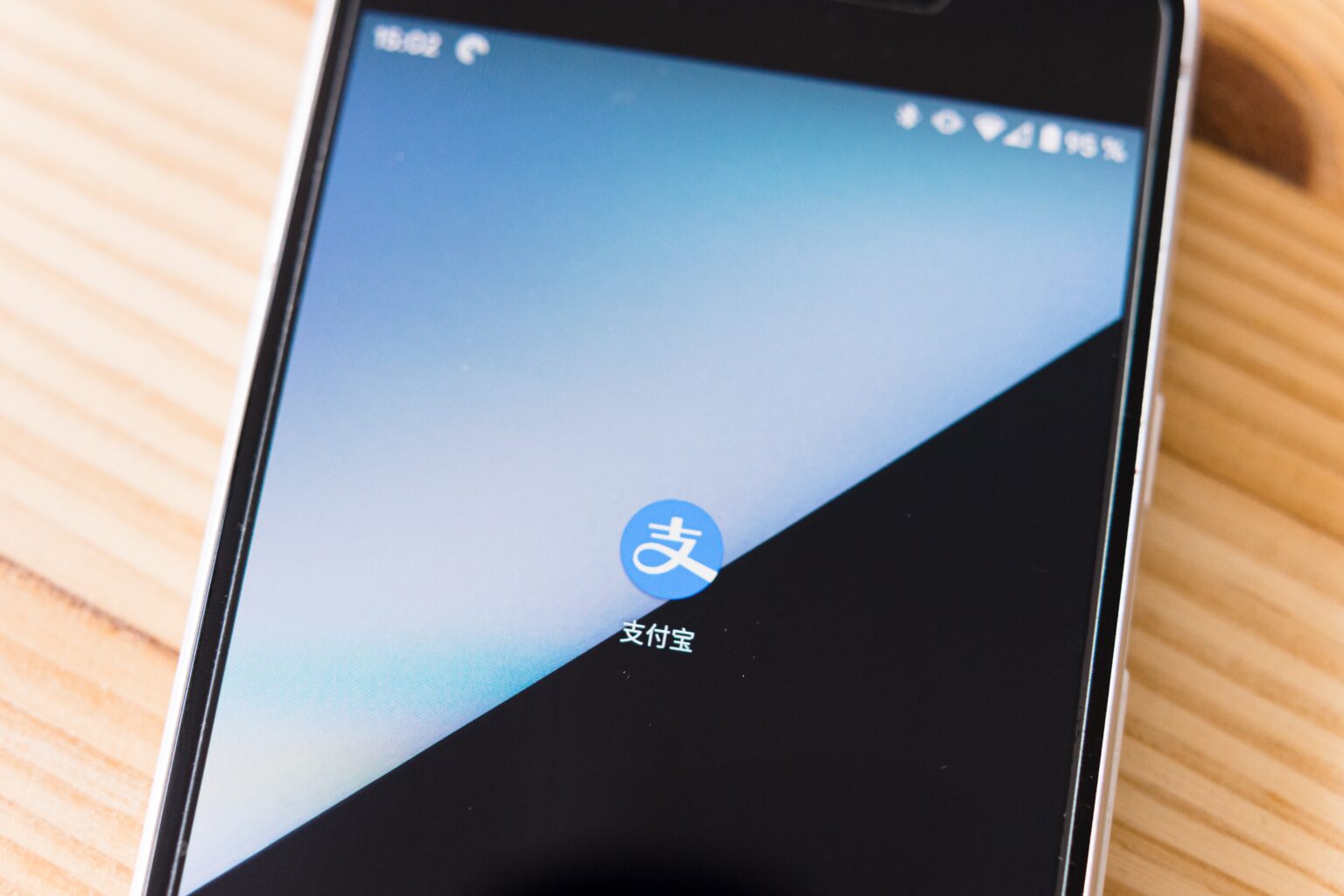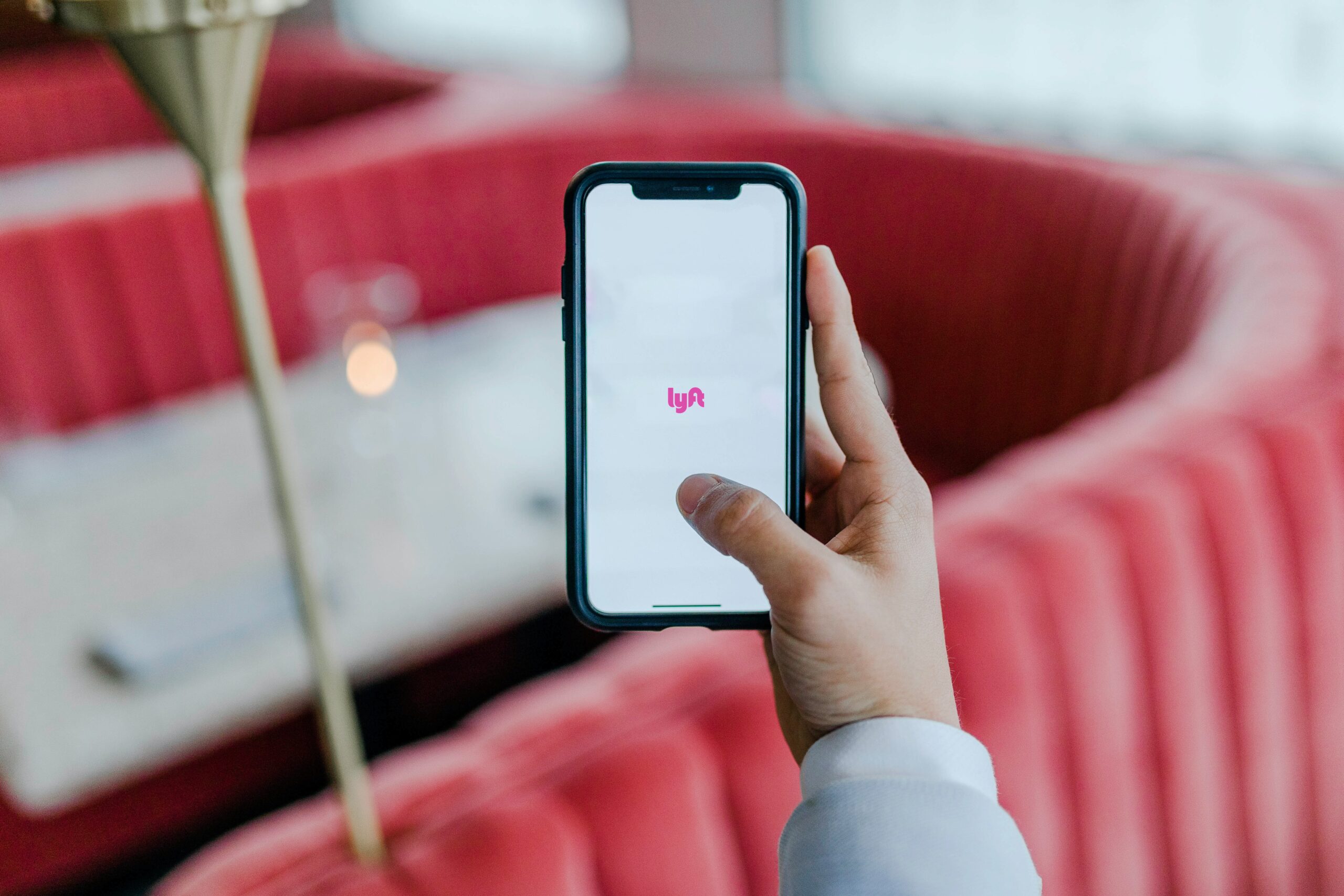A guest contribution by Björn Goß
AliPay, PayPal, Google Wallet or Square – The race for the banking super app in Europe and why a European super app is only a matter of time
We’ve known for a long time that the financial world is headed for massive change. 2020 was therefore only an acceleration of the developments that had already been initiated – and what an acceleration! With success: people appreciate the value and convenience of digital services.
So what does this mean for the future of financial services?
What we have seen so far, however, is that existing models in particular have shifted to digital. Among them, of course, banking and financial services. Instead of being done at the desk of local bank advisors, banking transactions are now increasingly being done on the move. But video chat does not mean modern banking. Apart from the shift to mobile, the concept of banking has actually not changed much so far.
The truly fundamental disruption is just beginning: the financial super-app is just around the corner. Super apps, as we know them from China, are also making their way into the Western world. A super app is essentially an app that provides a whole potpourri of services that not only benefit businesses, but first and foremost provide optimal convenience for consumers.
How do super apps work?
A certain portfolio of services is essential to give customers added value. However, the essential requirement for a super app is to have constant touch points with users. In the case of WeChat from China, messaging is a use case that draws people to the app over and over again.

These frequent customer touch points accomplish several things at once. First of all, the services nestle into the everyday life of the users. By doing so, users bond with the service and build a trust with it as the app always works smoothly in their day-to-day lives, wherever they are.
Users have long since become accustomed to convenience
Now, the implementation of additional services is a welcome addition, as users have already become accustomed to a consistent experience and the convenience gained with additional services, a few taps away, makes everyday life easier. No downloading new apps, no creating countless accounts. Touchpoints are quasi-free marketing opportunities to show users that additional services can be used without having to spend anything on customer acquisition.
In short, if a service within the app that is used frequently is just a click away, then it stands to reason that users will use those services. Just to give an example that maybe everyone can relate to: How often did people still use Yelp after Google Maps continued to expand features around restaurants?
So how do you make a finance app “super”?
As described above, it is also important to create as many customer contact points as possible. In the financial sector, the most common use case is payment. So basically any platform where users can link their payment cards to an app is the first step to providing more financial services. Because having a bank account that has the purpose of holding money is more or less the opposite of a high-frequency use case. Unfortunately, that’s where traditional banks come from.
We are starting to make some progress in Europe and accept the reality that banks are losing touch with customers. As a result, some of them are starting to experiment with products that make them more relevant in the everyday lives of their customers. So they are trying to offer more services related to purchases, for example, with shopping and discount platforms. However, these approaches are still very tentative. That could be problematic in the long run.
It’s all just a matter of time
Because if other apps focus on a much better shopping and payment experience, they’re well on their way to picking up all those touchpoints untethered from the home bank. It is only a matter of time before they also snatch the most attractive parts of value creation out of the banks’ hands. So did WeChat, although they were originally very far from financial services with a messenger.
“Until apps snatch the most attractive parts of value creation out of banks’ hands, it’s only a matter of time.”
Payment method providers move to the fore
At the same time, we also see payment providers trying to come to the fore as they face a similar strategic problem as banks. They currently live alongside other payment methods on merchant checkout pages and rely on customers preferring one payment method over another. But what if the battle for the payment method is won much earlier than the last step of the customer journey?
Paypal’s acquisition of shopping and rewards platform Honey for $4 billion or Klarna’s strong push towards its shopping app, payment cards and customer-facing brand are based on this logic. It is crucial for the company, and therefore also for banks and fintechs, to occupy the most frequent customer touchpoints.
It’s a matter of finding out which banking services are most in demand, in addition to shopping, and then monetizing those customer touchpoints. One thing that is often not mentioned often enough in this battle for customer access is usability: the higher the frequency of a use case, the more important convenience is – and it will be one of the success factors. Even if traditional banks have made up ground here in recent months, this does little to change the overall situation: as long as banks think of financial services from the perspective of a bank, they will be competing for who gets to hold the money in the end, not for customer access itself. Customer success is driven by usability, frequency and visibility.
Banks remain relevant despite super app

Of course, banks will also play a role in the future that should not be underestimated. Fintech services will continue to require capital for clients’ financial products and therefore will work with providers to take over and white-label services.
Still, it’s not a stretch to say that for customers, the bank is just something in the background and the super app is the everyday platform that makes life easier and more convenient.
It will be interesting to see how the next few years unfold. But if the last few months have shown us one thing: new services and products can be adapted and integrated into everyday life faster than you might think. Therefore, super apps will soon shape our lives.

